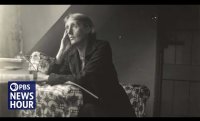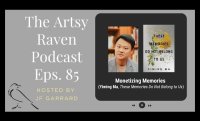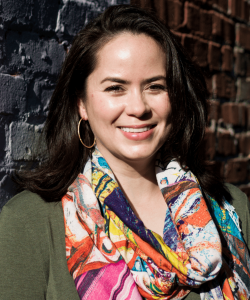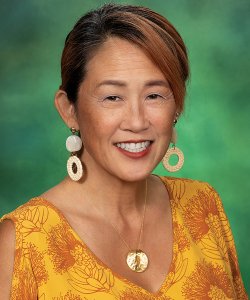New Stories by Virginia Woolf
In this PBS NewsHour video, Malcolm Brabant speaks with archivists and scholars about discovering lost stories written by Virginia Woolf before her first novel was published. The discovery culminated into a newly published collection of three comic stories, The Life of Violet: Three Early Stories (Princeton University Press, 2025), edited by Urmila Seshagiri.













